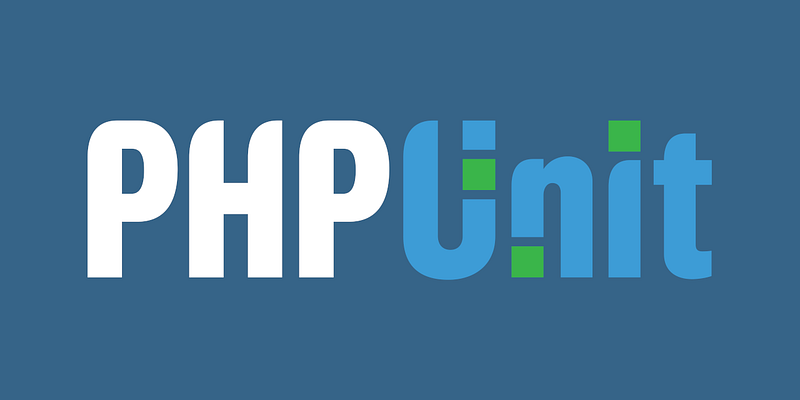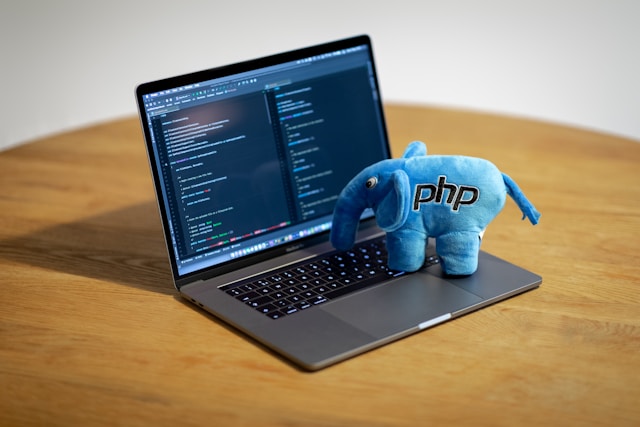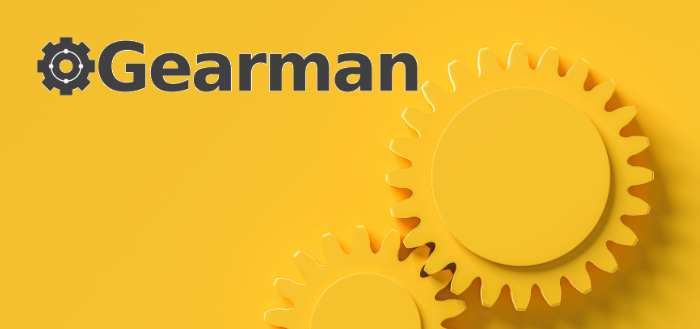
PHP vs Python for Web Development
When it comes to web development, choosing the right programming language is crucial. With a multitude of options available, two languages that often come up in discussions are PHP and Python. Both languages have their unique strengths and weaknesses, and in this article, we'll help you understand the key differences between PHP and Python for web development.
Understanding PHP
PHP, which stands for Hypertext Preprocessor, is a server-side scripting language that has been around since 1995. It is primarily used for web development and integrates seamlessly with HTML. PHP is known for its ease of use and flexibility, making it a go-to language for web developers.
Key Features of PHP
- Ease of Integration: PHP can easily integrate with various databases like MySQL, PostgreSQL, and SQLite.
- Open Source: Being open-source, PHP has a vast array of resources, libraries, and frameworks available for developers.
- Large Community: PHP has a massive user base, providing extensive support and documentation.
- Performance: PHP is known for its speed and efficiency, making it suitable for high-traffic websites.
When to Use PHP?
PHP is generally the best choice for projects requiring rapid development and easy deployment. Many popular Content Management Systems (CMS) are built on PHP, such as WordPress, Joomla, and Drupal. If you are creating a blog, an eCommerce site, or any application that runs primarily on a LAMP stack (Linux, Apache, MySQL, PHP), then PHP might be the ideal choice.
Understanding Python
Python, released in the late 1980s, is a high-level programming language that emphasizes code readability and simplicity. It has gained immense popularity not just in web development but also in data analysis, artificial intelligence, and more.
Key Features of Python
- Readability: Python's clean syntax makes it easy to read and write code, speeding up development time.
- Diverse Frameworks: Frameworks such as Django and Flask provide powerful tools for web development.
- Multi-purpose: Python can be used for various applications outside of web development, making it versatile.
- Strong Community Support: Python has a large, supportive community ensuring access to numerous resources and libraries.
When to Use Python?
If your project requires extensive data handling, Python is a fantastic choice. Its frameworks, like Django, are designed for rapid development, making it suitable for startups and applications requiring quick iterations. Python is particularly favored in fields such as machine learning, data analysis, and scientific computing.
Comparing PHP and Python for Web Development
Development Speed
Both PHP and Python allow for rapid development, but Python's concise syntax can lead to faster coding. This is especially true when using frameworks that streamline development processes.
Frameworks
PHP boasts powerful frameworks like Laravel and Symfony, while Python counters with Django and Flask. Each of these frameworks offers unique features that cater to different project requirements.
Learning Curve
If you're starting from scratch, many find Python easier to learn. Its focus on readability and simplicity helps new developers grasp programming concepts quickly. In contrast, PHP might require a bit more effort to master due to its quirks.
Performance
In terms of performance, it's essential to remember that both PHP and Python can be optimized. However, PHP tends to be faster in purely web-based tasks, making it more effective for high-traffic sites.
Final Thoughts: Which One Should You Choose?
Your choice between PHP and Python for web development should depend on your project requirements, your team's expertise, and the specific features you need. If you are working on a simple website or blog, PHP may suffice. However, if you expect the project to evolve and require additional functionalities down the road, Python might offer the flexibility and power you need.
Ultimately, both languages are excellent choices for web development. Assess your project's requirements and make an informed choice based on the insights provided in this article!
Conclusion
Whether you choose PHP or Python, embracing either of these languages will undoubtedly enable you to create dynamic, engaging websites that fulfill the needs of your users.


